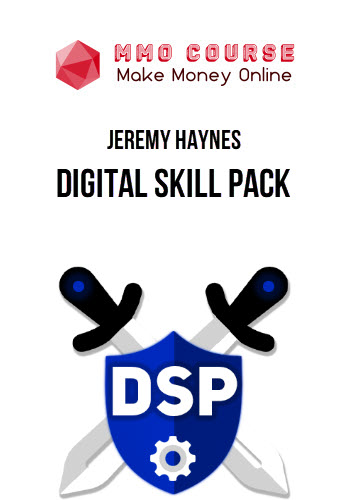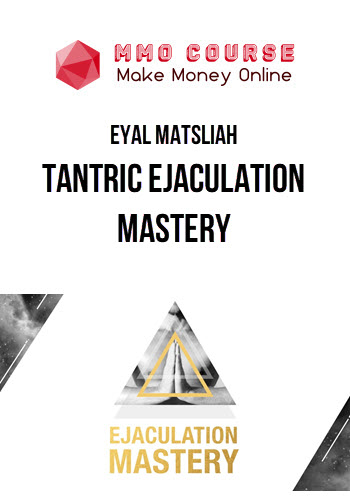MasterClass – Chris Voss Teaches the Art of Negotiation
$180.00 $26.00
Total Sold: 3
GB Status : Instant Deliver
Sales Page: https://www.masterclass.com/classes/chris-voss-teaches-the-art-of-negotiation
Description
Here’s What’s Included:
As an FBI hostage negotiator, Chris Voss persuaded terrorists, bank robbers, and kidnappers to see things his way. Now he’s teaching you his field-tested strategies to help you in everyday negotiations, whether you’re aiming to improve your salary, the service you receive, or your relationships. Get stronger communication skills, game-changing insights into human nature, and more of what you want out of life.
During his 24-year tenure at the FBI, Chris Voss developed a set of negotiation skills that apply as aptly to everyday life as they did in high-stakes national and international crime. He rose to become the bureau’s lead hostage negotiator, handling more than 150 international cases, and now he’s CEO and founder of the Black Swan Group, where he and his team train individuals and executives to be effective negotiators.
Also trained by Scotland Yard and Harvard Law School, Chris has shared his unique insight through his bestselling book “Never Split the Difference: Negotiating as if Your Life Depended on It.” Now, through his MasterClass, he’s sharing his field-tested techniques with you.
In Chris’s MasterClass, learn tactical empathy and a collaborative approach to negotiating based on human nature. Chris teaches you advanced communication skills like mirroring, labeling, and mastering your delivery. He uses mock negotiations and real-life lessons from his time at the FBI, including a Chase Manhattan Bank robbery and an international kidnapping, to give you the tools you can use every day, whether you’re negotiating a job offer or a car lease or simply want to enjoy better communication with your family. Learn how to discover critical pieces of information, bargain like a pro, and change the dynamic of your interactions so you can experience better outcomes and get more of what you want out of life.
In this online class, you’ll learn about:
* Mirroring and labeling
* Negotiation tactics and strategies
* Communication skills
* How to negotiate a salary
* Bargaining
* Finding black swans
* Creating the illusion of control
* Psychological tools
* Body language and speech patterns
* How and when to be assertive
Delivery Policy
When will I receive my course?
You will receive a link to download your course immediately or within 1 to 21 days. It depends on the product you buy, so please read the short description of the product carefully before making a purchase.
How is my course delivered?
We share courses through Google Drive, so once your order is complete, you'll receive an invitation to view the course in your email.
To avoid any delay in delivery, please provide a Google mail and enter your email address correctly in the Checkout Page.
In case you submit a wrong email address, please contact us to resend the course to the correct email.
How do I check status of my order?
Please log in to MMOCourse account then go to Order Page. You will find all your orders includes number, date, status and total price.
If the status is Processing: Your course is being uploaded. Please be patient and wait for us to complete your order. If your order has multiple courses and one of them has not been updated with the download link, the status of the order is also Processing.
If the status is Completed: Your course is ready for immediate download. Click "VIEW" to view details and download the course.
Where can I find my course?
Once your order is complete, a link to download the course will automatically be sent to your email.
You can also get the download link by logging into your MMOCourse.org account then going to Downloads Page.
Related products
Total sold: 4
Total sold: 3











